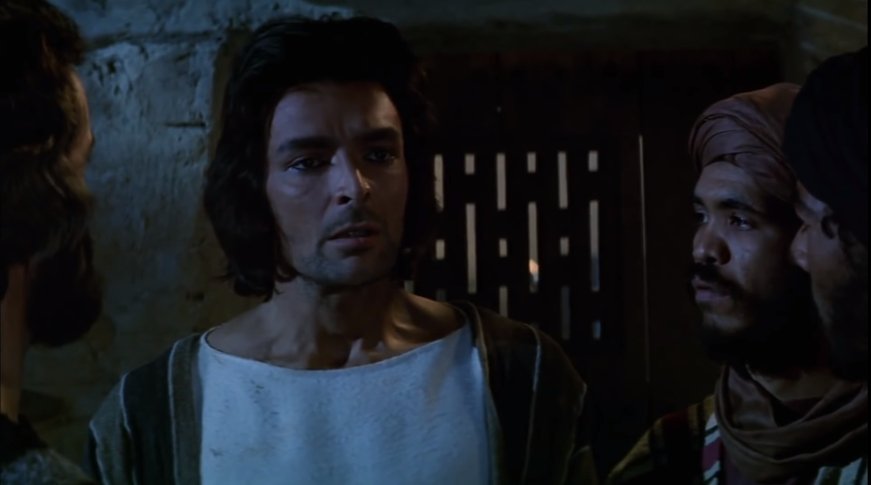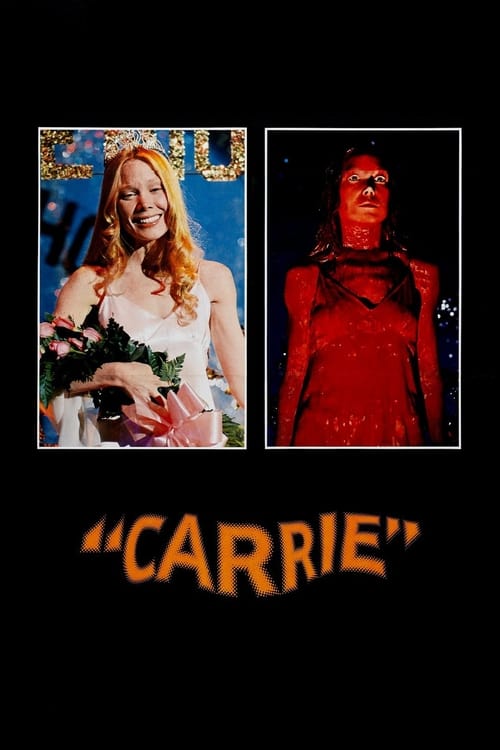
Unlikely, but great drama, and electrifying in theaters at the time.
#Watch the message movie 1976 arabic windows#
After Beale orders his viewers to "repeat after me," they cut to exterior shots of people leaning out of their windows and screaming that they're mad as hell, too. Lumet and Chayefsky know just when to pull out all the stops. He's yanked from the air but begs for a chance to say farewell, and that's when he says, the next day, "Well, I'll tell you what happened: I just ran out of bull-." His frankness is great for the ratings, Diana convinces her bosses to overturn Max's decision to fire him, Howard goes back on the air, and he is apparently deep into madness when he utters his famous line. The next day, in a farewell broadcast, Beale announces that he will indeed kill himself because of falling ratings. Then they get drunk together and joke about him committing suicide on the air. Beale is portrayed as an alcoholic doing such a bad job that he's fired by his boss (Holden). Most people remember that Howard Beale got fed up, couldn't take it anymore and had a meltdown on the air. And the set that Beale graduates to, featuring soothsayers and gossip columnists on revolving pedestals, nicely captures the feeling of some of the news/entertainment shows, where it's easier to get air time if you're a "psychic" than if you have useful information to convey. Other parts, including the network strategy meetings, remain timeless.

Parts of the movie have dated-most noticeably Howard Beale's first news set, a knotty-pine booth that makes it look like he's broadcasting from a sauna. When Chayefsky created Howard Beale, could he have imagined Jerry Springer, Howard Stern and the World Wrestling Federation? Seen a quarter-century later, it is like prophecy. It was nominated for 10 Oscars, won four (Finch, Dunaway, supporting actress Beatrice Straight, Chayefsky), and stirred up much debate about the decaying values of television. And then Chayefsky and the director, Sidney Lumet, edge the backstage network material over into satire, too-but subtly, so that in the final late-night meeting where the executives decide what to do about Howard Beale, we have entered the madhouse without noticing. The action at the network executive level aims for behind-the-scenes realism we may doubt that a Howard Beale could get on the air, but we have no doubt the idea would be discussed as the movie suggests. The scenes involving Diana and Max are quiet, tense, convincing drama. The scenes involving Beale and the revolutionary "liberation army" are cheerfully over the top. What is fascinating about Paddy Chayefsky's Oscar-winning screenplay is how smoothly it shifts its gears. What are your thoughts on this? Please share with us in the comment section below.The movie has been described as "outrageous satire" ( Leonard Maltin) and "messianic farce" (Pauline Kael), and it is both, and more.

*The article first published in ProPakistani. Storyline: The documentary follows the journey of three pilgrims from Malaysia, South Africa, and the United States as they travel to Mecca for Hajj.
#Watch the message movie 1976 arabic series#
Storyline: This documentary series details the history of Islam, starting with the birth of the Prophet (PBUH) and the early Caliphates to the Crusades and the Ottoman Empire and Safavid dynasty. This short film is used as an important tool by the Muslim community in the West to teach people about Islam. Storyline: The PBS documentary presents the life of the Muslim Prophet (PBUH) based on a historical record. The movie details how he turns Istanbul into the capital of the Ottoman Caliphate. Storyline: This Turkish period drama follows Ottoman Sultan Mehmet Khan’s conquest of Constantinople, the eastern capital of the Byzantine. Storyline: This indie film follows the life of a Muslim-American family that is changed forever after the 9/11 attacks. Storyline: The movie shares the story of Civil Rights Movement activist and Muslim African-American Malcolm X. Storyline: This comedy documentary tells the story of Muslim American comedians as they tour across the US. The movie shows how the boy protects his family from prosecution over their religious beliefs.

Based on actual events, the plot follows a young boy fighting for his right to religious practice.

Storyline: This movie teaches Muslims core Islamic values of toheed (monotheism) and shahada (theism). BILAL: A New Breed of Hero Movieĭirector: Khurram H. The movie has been nominated for an entry as a Foreign Film at the Oscars. Storyline: This Iranian movie presents the childhood of the Islamic Prophet Mohammed (PBUH). It details how he became a messenger of Allah and the initial hardships he faced while spreading the message of Islam. Storyline: The film follows the journey of Prophet Mohammed (PBUH). If you’re interested in learning about Islam and Muslims, here’s a list of Islamic films you should add to your watch list today: 1.


 0 kommentar(er)
0 kommentar(er)
